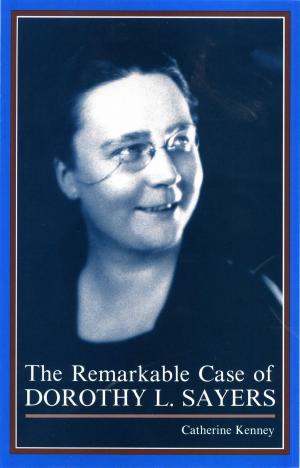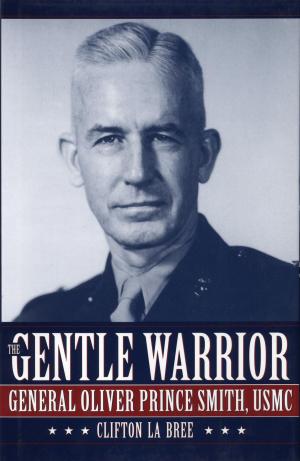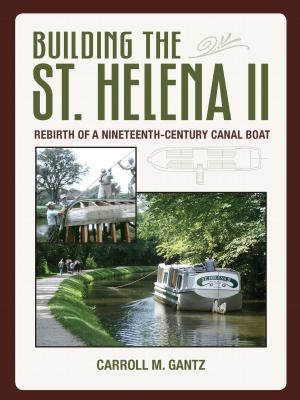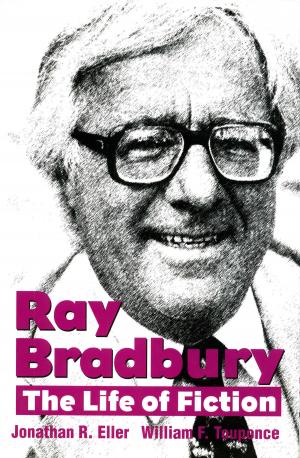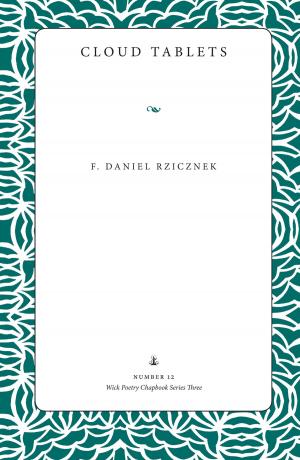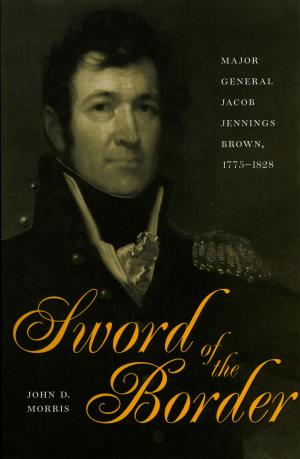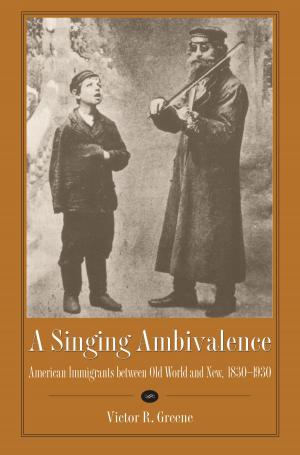| Author: | Randy McNutt | ISBN: | 9781612777283 |
| Publisher: | The Kent State University Press | Publication: | November 15, 2012 |
| Imprint: | The Kent State University Press / Black Squirrel Books | Language: | English |
| Author: | Randy McNutt |
| ISBN: | 9781612777283 |
| Publisher: | The Kent State University Press |
| Publication: | November 15, 2012 |
| Imprint: | The Kent State University Press / Black Squirrel Books |
| Language: | English |
In Finding Utopia, Randy McNutt sets off again to explore Ohio’s forgotten nooks and byways. He begins where his last journey ended—on roads less traveled—finding more ghost towns, battlefields-turned-cornfields, and old memories that beckon him like spectral hitchhikers. On the way, he meets another cast of quirky and determined people who struggle to keep their towns on the map.
Aided by his aging Jeep and a longing to escape, McNutt discovers a pioneer inn that harbors the ghost of a headless coach- man (and a surprising personal connection); a Victorian town that looks like an empty movie set; the gruesome battlefield on which the U.S. Army suffered its worst defeat ever by Native Americans; and a gunpowder manufacturing town that was blown to atoms on a sizzling summer day in 1890. Often encountering a past that is livelier than the present, he walks through another town where magnetic water once “cured” many ailments, stays the night in a stagecoach inn known for a ghostly cat and its owner who still roam the halls, finds a town built on cranberry bogs, and uncovers what’s left of a World War I training camp sitting atop ancient Indian mounds. In tiny Utopia, for which this book is named, he descends into an underground stone chamber to hear tales of the spirits that haunt it.
McNutt’s first two books—seamlessly combining the genres of travel narrative, history, and memoir—won praise for effectively merging past and present, and giving readers a strong sense of place. As with those, Finding Utopia will appeal to anyone interested in heritage tourism, folklore, Americana, Ohio history and lore, back roads, ghosts of many kinds, and small-town life.
In Finding Utopia, Randy McNutt sets off again to explore Ohio’s forgotten nooks and byways. He begins where his last journey ended—on roads less traveled—finding more ghost towns, battlefields-turned-cornfields, and old memories that beckon him like spectral hitchhikers. On the way, he meets another cast of quirky and determined people who struggle to keep their towns on the map.
Aided by his aging Jeep and a longing to escape, McNutt discovers a pioneer inn that harbors the ghost of a headless coach- man (and a surprising personal connection); a Victorian town that looks like an empty movie set; the gruesome battlefield on which the U.S. Army suffered its worst defeat ever by Native Americans; and a gunpowder manufacturing town that was blown to atoms on a sizzling summer day in 1890. Often encountering a past that is livelier than the present, he walks through another town where magnetic water once “cured” many ailments, stays the night in a stagecoach inn known for a ghostly cat and its owner who still roam the halls, finds a town built on cranberry bogs, and uncovers what’s left of a World War I training camp sitting atop ancient Indian mounds. In tiny Utopia, for which this book is named, he descends into an underground stone chamber to hear tales of the spirits that haunt it.
McNutt’s first two books—seamlessly combining the genres of travel narrative, history, and memoir—won praise for effectively merging past and present, and giving readers a strong sense of place. As with those, Finding Utopia will appeal to anyone interested in heritage tourism, folklore, Americana, Ohio history and lore, back roads, ghosts of many kinds, and small-town life.

